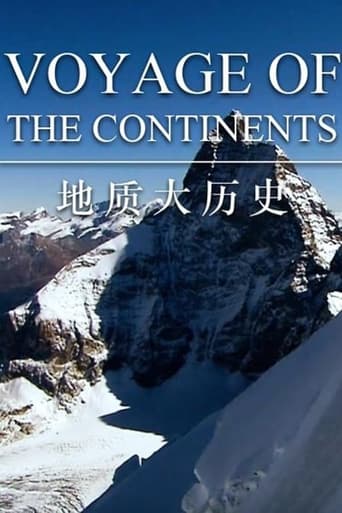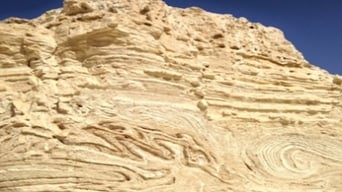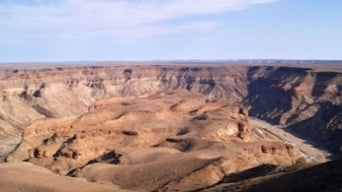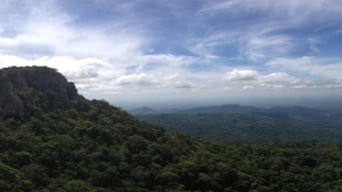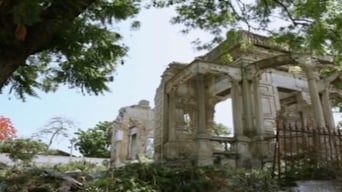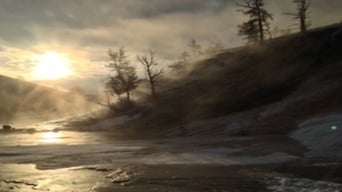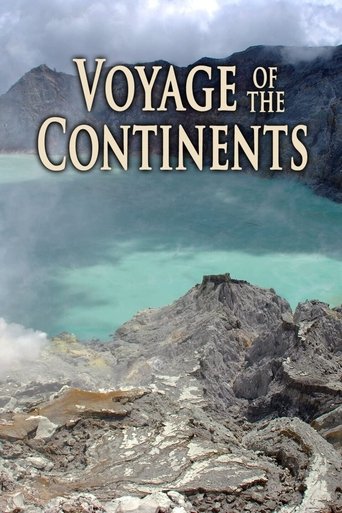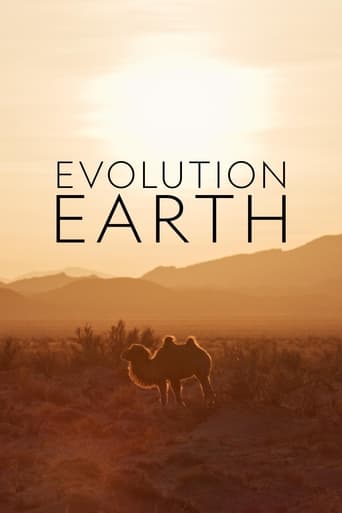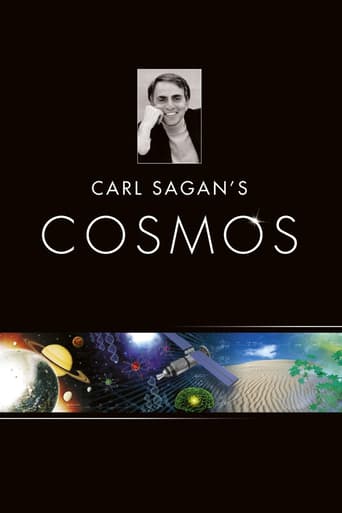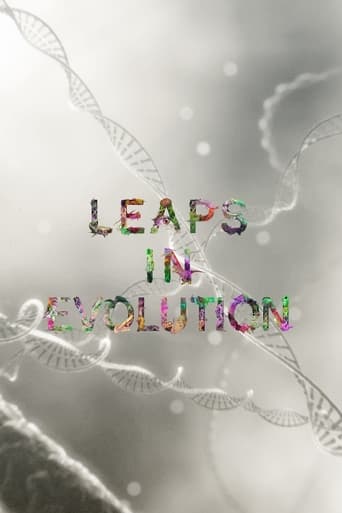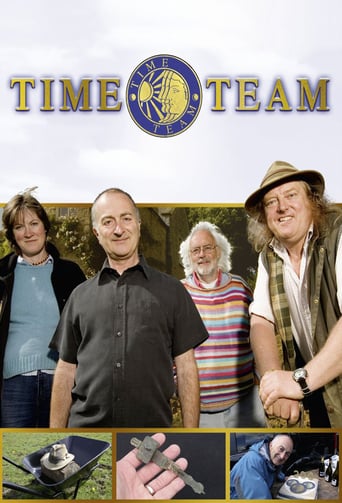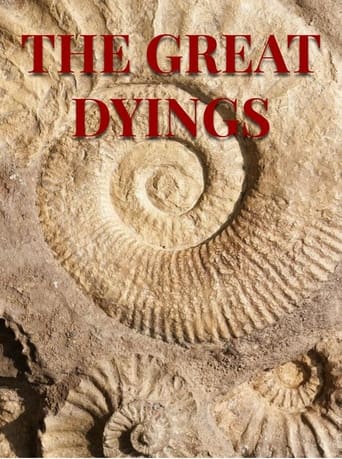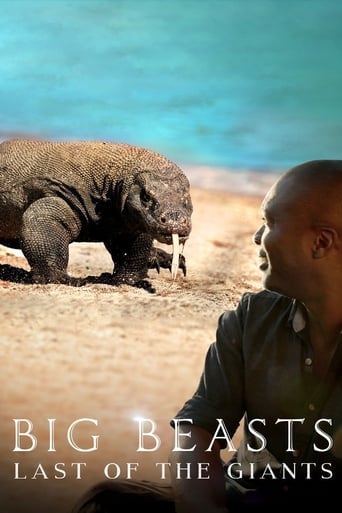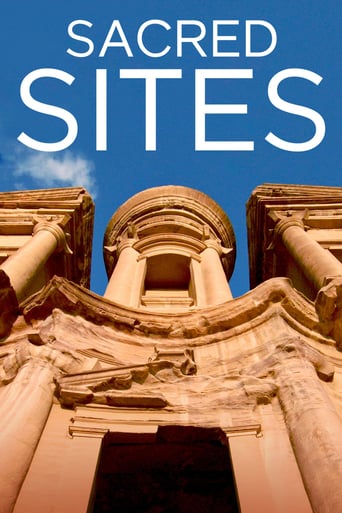Voyage of the Continents Season 2
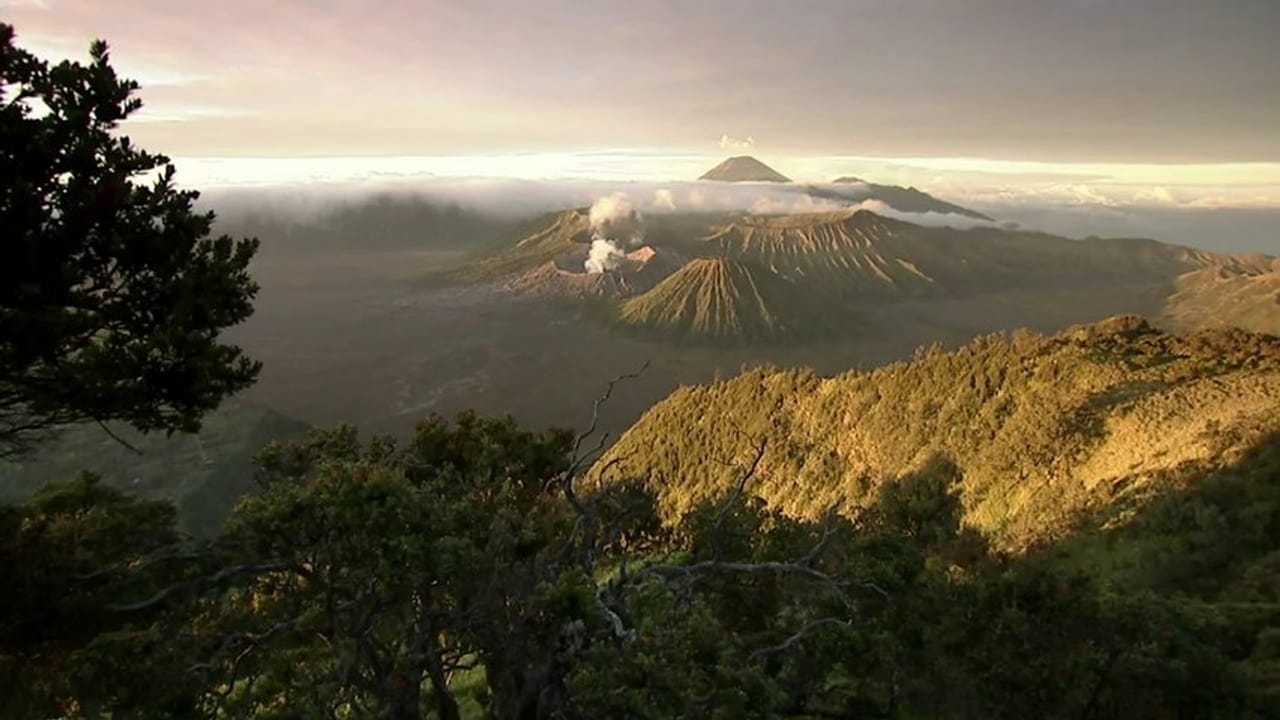
This extraordinary series is a sweeping account of the rise of Earth’s continents. They are the product of a grand waltz of plate tectonics and the continual evolution of Earth’s crust. As landmasses assemble and separate, they fuel volcanoes and spark earthquakes, building mountains and tearing valleys. We see the Earth, eons in the making, through the eyes of geologists and other scientists.
Watch NowWith 30 Day Free Trial!
Voyage of the Continents
2012

This extraordinary series is a sweeping account of the rise of Earth’s continents. They are the product of a grand waltz of plate tectonics and the continual evolution of Earth’s crust. As landmasses assemble and separate, they fuel volcanoes and spark earthquakes, building mountains and tearing valleys. We see the Earth, eons in the making, through the eyes of geologists and other scientists.
Watch Trailer
With 30 Day Free Trial!
Voyage of the Continents Season 2 Full Episode Guide
One glance at a map of South America says it all: Andes and Amazonian basin. Two huge geological characteristics that describe how the continent came into being. The Amazon was once under the sea. As the water drained away the Andes rose up, creating some of the most spectacular landscapes in the world.
Central America takes us back to when the world was young. A fragile line of islands linking North and South America, the islands of the Caribbean are recent apparitions on earth and may not be here to stay. The 2010 earthquake in Haiti dramatically illustrated that. This episode balances land and sea, bringing the viewer closer to how it all began.
North America's mountain chains and huge plateaus were formed by volcanic eruptions, earthquakes and the odd ice age. Here we travel from the Canadian Shield, across the Grand Canyon and to the Rockies to understand the extraordinary geological forces at play. We even look into the future, when part of California should be an island in the Pacific!
Volcanic activity and climate change define Africa's "modern" history. Modern in geological terms, of course! Recently - meaning 50 million years ago - the Arabian plate snapped off the African continent and joined Southeast Asia. The Red Sea and the Gulf of Aden were born.
Africa is Mother Earth. Gondwana, the first, single, landmass broke apart into today's continents, but its heart is Africa. Land of rifts, lakes and volcanoes, Africa's mineral deposits testify to its eons-old history.
Free Trial Channels
Seasons


